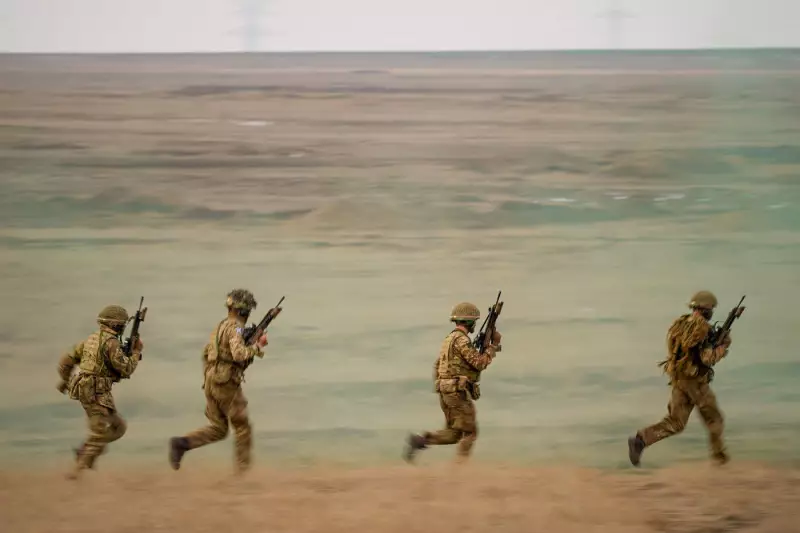
The United States has quietly begun withdrawing military personnel from several key positions along NATO's eastern flank, triggering concern among European allies who fear the move could create dangerous security vulnerabilities at a time of heightened tensions with Russia.
Strategic Shift Raises Alarm Bells
Multiple European security officials have confirmed the gradual reduction of American forces from positions in Poland, Romania, and the Baltic states. This drawdown comes despite repeated warnings from NATO leadership about Russia's continued military buildup along the alliance's borders.
"We're witnessing a concerning development at precisely the wrong moment," said a senior European diplomat who spoke on condition of anonymity. "The timing couldn't be worse given Moscow's increasingly aggressive posture."
European Leaders Voice Concerns
Behind closed doors, European officials express growing anxiety about the potential consequences:
- Security vacuum in strategically vital regions
- Reduced deterrence capability against potential Russian aggression
- Strain on European forces to fill the gap left by American troops
- Questions about long-term U.S. commitment to European defense
Polish Defense Minister Mariusz Błaszczak acknowledged the situation, stating that while Poland respects American decisions, "we must collectively ensure that NATO's eastern flank remains secure and credible."
Pentagon's Strategic Rationale
U.S. defense officials frame the troop movements as part of a broader strategic realignment rather than a reduction in commitment to European security. The Pentagon emphasizes that:
- The changes represent a repositioning rather than a wholesale withdrawal
- Advanced capabilities and rotational forces will maintain deterrence
- The moves align with the National Defense Strategy's focus on strategic competition
However, European security analysts remain skeptical. "The symbolism of this reduction matters as much as the actual numbers," noted Dr. Anna Kowalski, a senior fellow at the European Council on Foreign Relations. "It sends a message about American priorities that Moscow is certain to notice."
Broader Implications for Transatlantic Relations
The troop reductions occur against a backdrop of ongoing debates about European strategic autonomy and burden-sharing within NATO. Some experts suggest this could accelerate European efforts to develop more independent defense capabilities.
European Commission President Ursula von der Leyen recently emphasized that "Europe must take more responsibility for its own security, but this should complement rather than replace transatlantic cooperation."
As the situation develops, NATO defense ministers are scheduled to meet next month where the troop deployments are expected to feature prominently in discussions. The alliance faces the delicate task of maintaining unity while addressing legitimate security concerns on both sides of the Atlantic.
The coming weeks will reveal whether this troop adjustment represents a temporary recalibration or signals a more fundamental shift in America's European defense posture—with potentially far-reaching consequences for regional stability.





